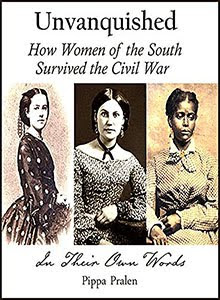Surgeons of the Civil War
"Government inaction or delay have shaped the course of many infectious disease outbreaks in our country, including the American Civil War.
There were smallpox epidemics among civilians, although a vaccine existed. Smallpox exploded at this time not because of a lack of protocols or knowledge—a vaccine even existed—but because political leaders simply didn’t care about the group that was getting sick. Government inaction or delay—due to racial discrimination, homophobia, stigma, and apathy—have shaped the course of many epidemics in our country. (Jim Downs, The Epidemics America Got Wrong, The Atlantic Magazine, Mar 22, 2020)
When the first cases of smallpox broke out among troops during the Civil War, military officials—on the Union and Confederate sides alike—immediately quarantined the infected in a tent or a makeshift hospital to prevent the transmission of the virus. But when smallpox began spreading among formerly enslaved people, officials either ignored it or argued that the virus spread viciously among black people because of racial inferiority and unsanitary habits.
In the months after President Lincoln had issued the Emancipation Proclamation in January of 1863, no infrastructure was in place to provide new freed people with basic necessities, let alone to combat a deadly virus. Mortality rates increased. In the face of a widespread epidemic, the people had to help themselves in order to survive. Harriet Jacobs, a formerly enslaved woman who had escaped to the North but returned to the South to help, wrote to charitable groups and asked them to immediately send clothing, blankets, and other resources. With the money Northern benevolent associations sent, Jacobs, with the eventual assistance of the military, constructed a makeshift hospital for freedpeople.
READ MORE about women and the Civil War. Eyewitness accounts:

